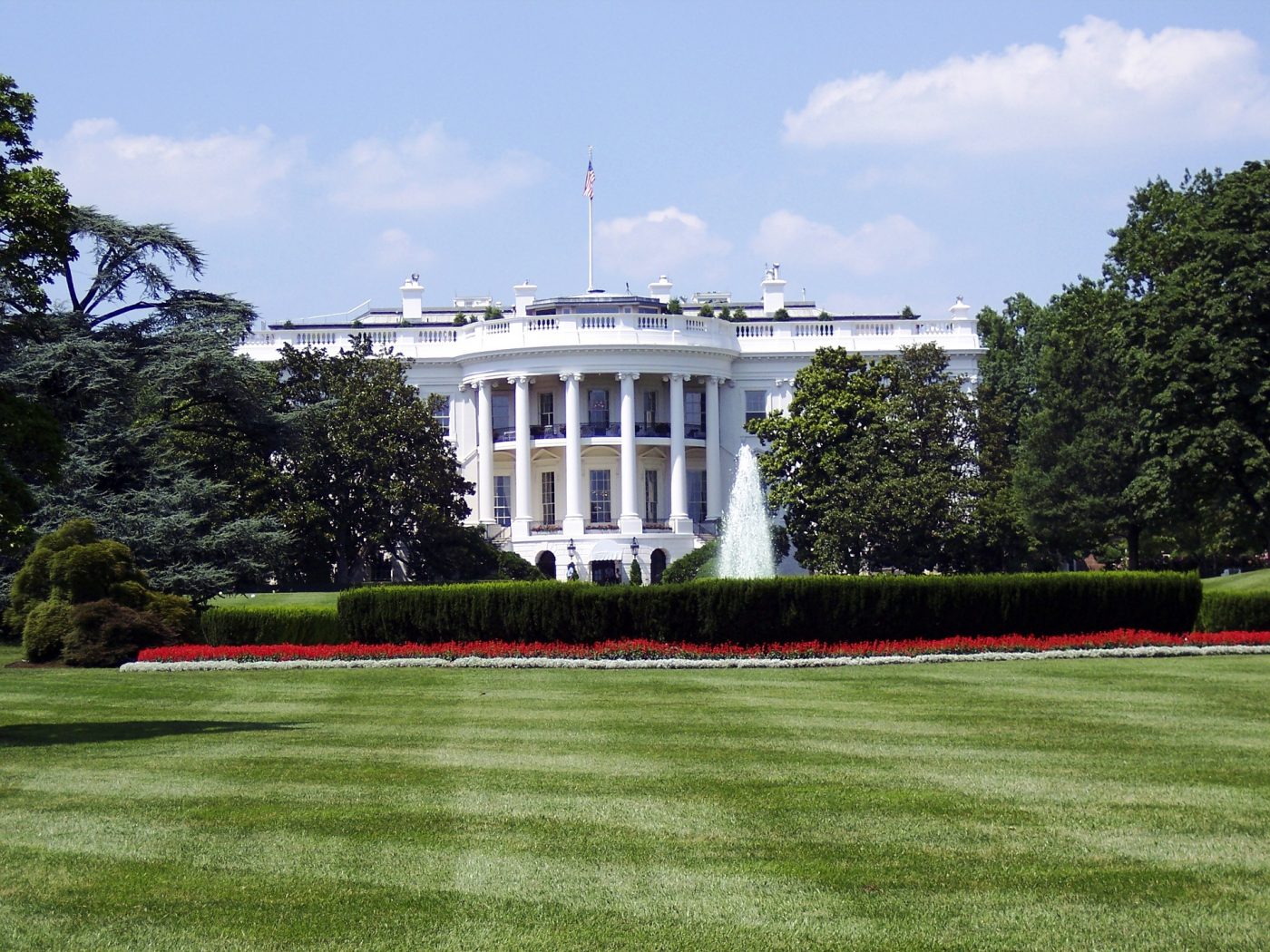
Every news source from The New York Times to Market Watch, Forbes and the Washington Post has written about how the Trump White House will affect Real Estate. Opinions and reactions are mixed when it comes to how greatly the housing market and homeowners will be impacted. But for Realtors, it’s worth looking at history to determine how politics might affect the various aspects of your business, from interest rates, to your company and its clients, in the coming weeks and throughout 2017.
If you’re like many Americans, you might think that on which side of the party line the President falls has a big impact on the housing market. But the truth is that the housing market has seen swings under both Republican and Democratic White Houses. According to a 2014 study in the Journal of Business & Economics Research, The Dow Jones Industrial Average nearly tripled under Democratic President Franklin Roosevelt. And he wasn’t the only one. Other Democrats, including Clinton, were in office during market surges. For that matter, so were Republican presidents Ronald Reagan and Dwight D. Eisenhower. As far as major drops, the Dow fell drastically during Republican George W. Bush’s term (which ended with the 2008 financial crisis).1
According to an article from Merrill Lynch, Steven Suttmeier, a research analyst at Bank of America, said that on average, the market rises by 6% in the first year of a new presidential term. Compare that to the national average of 7.5% for all years (going back 85 years), and it certainly appears that the U.S. stays fairly consistent regardless of what election drama takes place.
What it Means for Real Estate Companies
Republicans have hinted at wanting to do away with some or all of the regulations under both the Affordable Care Act and the Occupational Safety and Health Administration, which could mean lower operating costs for small businesses. It could also mean that agents are no longer required to purchase their own health insurance as independent contractors.
What it Means for Interest Rates
The federal government’s involvement in the mortgage market tends to push interest rates down. Because Trump has said he wants to reduce the role of the federal government in the housing market, this may very well happen. Which means interest rates are likely to go up. President Trump has also pledged to lower taxes, which could give the economy a boost, leading to an increase in housing demands.
What it Means for Commercial Real Estate
In a Reuters interview last year, President Trump stated that Dodd-Frank has made it impossible for bankers to function, and has called for deregulations. While it’s yet to be seen whether this will happen, if it does, the flow of capital available from banks could ease, giving a boost to the commercial real estate industry. But many, including Jilliene Helmen, CEO of RealtyMogul.com, believe the Federal Reserve will raise short-term interest rates, and that this will have a negative impact on the industry.
Location, Location, Location
Trulia’s Chief Economist, Ralph McLaughlin told the Washington Post that the effect a Trump White House has on the housing market might vary widely depending on where you live.
In ‘Blue’ States
Homebuyers in economically healthy blue states are more likely to be rattled by a Trump White House and concerned about the future of the economy. This uncertainty might make them put off large purchases such as a home, causing the market to slow.
In ‘Red’ States
Those in red states are more likely to be optimistic about the Trump administration and its effect on their economic prospects. This could create a surge in confidence leading to an increase in home purchases.
In Las Vegas
As a blue state, Vegas real estate might slow, but many Las Vegas mainstays helped Trump reach the Oval Office, including billionaires Phil Ruffin and Carl Icahn. Las Vegas Latin Chamber of Commerce President Peter Guzman believes the real estate business will continue to get stronger. He has said that the fact that Trump has been a businessman his entire life leads Guzman to believe “everything will be okay.”
What it Means for Your Clients
Back in August 2016, Trump told the National Association of Home Builders that the housing industry has more regulations than any other, aside from energy. He claims that regulations account for 25% of costs to build a house, and states that he’d like to see that percentage drop from 25 to just two. If construction regulations are loosened to some extent, it could mean more affordable homes for consumers. That means a flurry of new clients for you as potential first-time homebuyers make the jump from renting to buying and current homeowners look to make a move.
The single greatest thing that impacts the market is uncertainty. That’s why the housing market typically remains so steady when an incumbent (or a member of the same party) wins an election. Uncertainty makes people more cautious when making big financial decisions, which means fewer people will purchase homes leading up to and following a presidential election.
The Big Picture
Nationally, the real estate market is healthy. In August 2016, the National Association of Realtors reported a 5.1% increase in year-over-year home prices for existing home sales, making it the 54th consecutive month of year-over-year increases in the U.S.
Politics might have everyone talking, but looking back throughout history, and at the latest data, this year looks to be a good one for Real Estate professionals.




